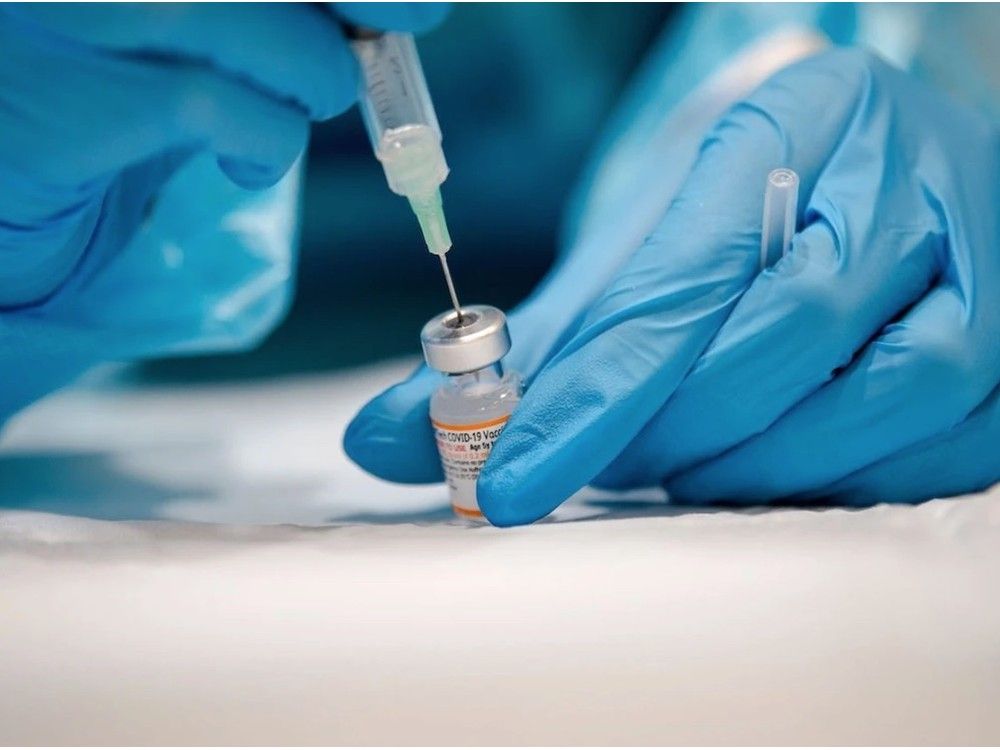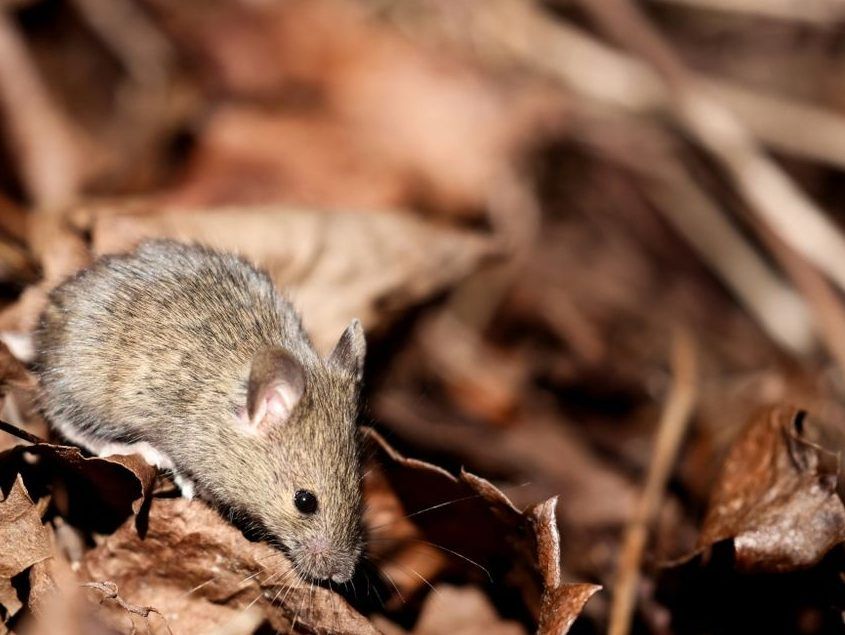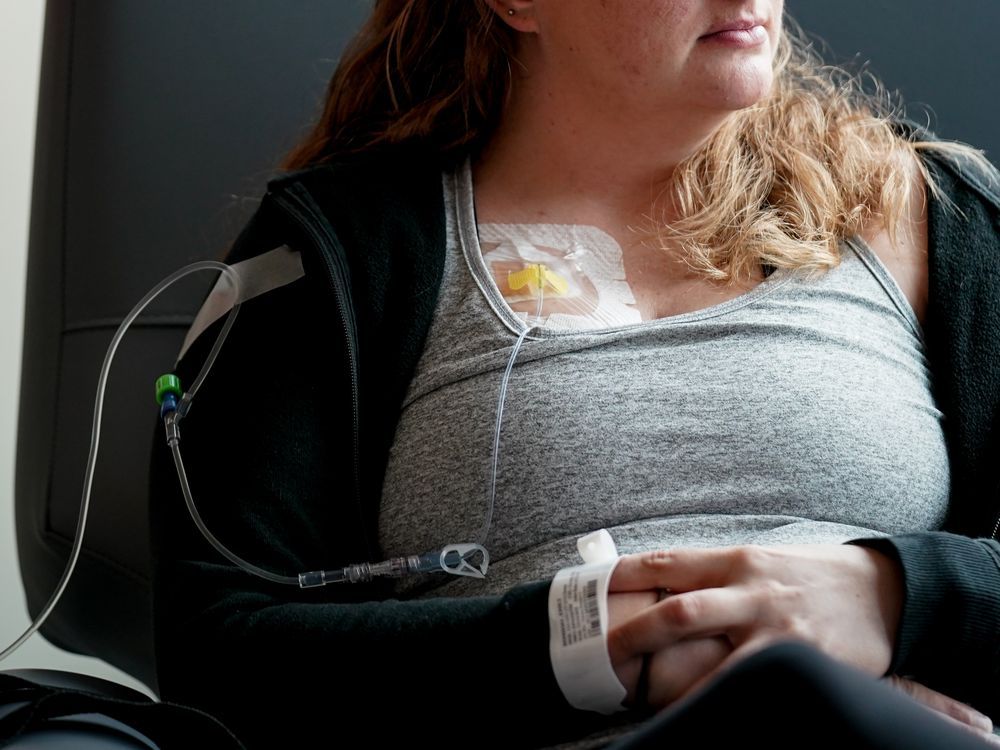Quebec to stop offering COVID vaccine for free to most people, shots cost up to $180
Author of the article:Canadian Press
Canadian Press
Published Sep 18, 2025 • Last updated 1 day ago • 3 minute read
Quebec is now the second province after Alberta to announce it will no longer offer free doses of the COVID-19 vaccine to its entire population, starting this fall.
The decision matches a similar policy announced by Alberta Premier Danielle Smith, who said in August her own government would no longer do so as a cost-saving measure.
Quebec’s Health Department said it based its decision on advice from a committee of immunization experts that reports to the province’s public health institute.
It said it’s no longer necessary to offer free doses of the vaccine to healthy adults, since most in the province have now built up an immunity to the virus, either through vaccination, prior infections or both.
“There’s a lot of immunity inside that group,” said Dr. Luc Boileau, Quebec’s national director of public health.
Because of that, he said their risk of having complications if they were to get infected is not very high.
“In fact, it’s going to be very, very low for people that are not in the groups that are at risk,” he said.
Only certain people will remain eligible for subsidized shots this fall in Quebec.
They include those with chronic health conditions, those over 65, those living in long-term care facilities, and health-care workers, the province’s Health Department confirmed.
Quebecers who are pregnant, those who are immunocompromised, and those living in isolated regions will also still be able to get a free shot.
Boileau said if doses of the vaccine are left over after those priority groups receive them, the general population may be given the chance to access them for free.
He said they aren’t suggesting people shouldn’t get vaccinated, but that it should be treated as a personal decision instead, based on one’s own risk factor.
The doctor said the federal government’s decision to stop covering the costs of COVID-19 vaccination campaigns in the provinces and territories was another factor in Quebec’s decision.
He said that was expected, since the COVID-19 pandemic was an exceptional situation, and it wasn’t anticipated the federal government would indefinitely foot the costs.
“They are not going to pay and support that financially, which is, I mean their decision, but now we have to cope with that,” Boileau said.
Quebec’s COVID-19 immunization campaign is expected to kick off in early October.
The province will also continue to offer flu shots to general population for free this fall, the department confirmed.
Other provinces that responded to questions from The Canadian Press on Thursday, including Ontario, British Columbia and Nova Scotia, said they were maintaining plans to cover costs for people who wanted the vaccine.
“I think every year we look at what our options are,” said Nova Scotia Health Minister Michelle Thompson. “I don’t think it would be wise or fair of me to predict what’s going to happen next year. This year there is no need for any type of alarm. Our program is not changed.”
Healthy adults in Quebec who still want a dose this fall can pay out of pocket at their local pharmacy.
The province’s association of pharmacist owners said the costs will range between $150 to $180, depending on the rates set by individual pharmacies.
The Alberta government said there were approximately 401,000 unused doses of the vaccine last year, leading to estimated losses of $44 million.
However, the Smith government said it will still make doses of the vaccine free to those that need it most, including those with certain health conditions, and health-care staff.
“We’ll try it this way. This year, we are trying to mitigate costs because it is an expensive intervention,” Smith said last month.
This report by The Canadian Press was first published Sept. 18, 2025.

 torontosun.com
torontosun.com
Author of the article:Canadian Press
Canadian Press
Published Sep 18, 2025 • Last updated 1 day ago • 3 minute read
Quebec is now the second province after Alberta to announce it will no longer offer free doses of the COVID-19 vaccine to its entire population, starting this fall.
The decision matches a similar policy announced by Alberta Premier Danielle Smith, who said in August her own government would no longer do so as a cost-saving measure.
Quebec’s Health Department said it based its decision on advice from a committee of immunization experts that reports to the province’s public health institute.
It said it’s no longer necessary to offer free doses of the vaccine to healthy adults, since most in the province have now built up an immunity to the virus, either through vaccination, prior infections or both.
“There’s a lot of immunity inside that group,” said Dr. Luc Boileau, Quebec’s national director of public health.
Because of that, he said their risk of having complications if they were to get infected is not very high.
“In fact, it’s going to be very, very low for people that are not in the groups that are at risk,” he said.
Only certain people will remain eligible for subsidized shots this fall in Quebec.
They include those with chronic health conditions, those over 65, those living in long-term care facilities, and health-care workers, the province’s Health Department confirmed.
Quebecers who are pregnant, those who are immunocompromised, and those living in isolated regions will also still be able to get a free shot.
Boileau said if doses of the vaccine are left over after those priority groups receive them, the general population may be given the chance to access them for free.
He said they aren’t suggesting people shouldn’t get vaccinated, but that it should be treated as a personal decision instead, based on one’s own risk factor.
The doctor said the federal government’s decision to stop covering the costs of COVID-19 vaccination campaigns in the provinces and territories was another factor in Quebec’s decision.
He said that was expected, since the COVID-19 pandemic was an exceptional situation, and it wasn’t anticipated the federal government would indefinitely foot the costs.
“They are not going to pay and support that financially, which is, I mean their decision, but now we have to cope with that,” Boileau said.
Quebec’s COVID-19 immunization campaign is expected to kick off in early October.
The province will also continue to offer flu shots to general population for free this fall, the department confirmed.
Other provinces that responded to questions from The Canadian Press on Thursday, including Ontario, British Columbia and Nova Scotia, said they were maintaining plans to cover costs for people who wanted the vaccine.
“I think every year we look at what our options are,” said Nova Scotia Health Minister Michelle Thompson. “I don’t think it would be wise or fair of me to predict what’s going to happen next year. This year there is no need for any type of alarm. Our program is not changed.”
Healthy adults in Quebec who still want a dose this fall can pay out of pocket at their local pharmacy.
The province’s association of pharmacist owners said the costs will range between $150 to $180, depending on the rates set by individual pharmacies.
The Alberta government said there were approximately 401,000 unused doses of the vaccine last year, leading to estimated losses of $44 million.
However, the Smith government said it will still make doses of the vaccine free to those that need it most, including those with certain health conditions, and health-care staff.
“We’ll try it this way. This year, we are trying to mitigate costs because it is an expensive intervention,” Smith said last month.
This report by The Canadian Press was first published Sept. 18, 2025.

Quebec to stop offering COVID vaccine for free to most people, shots cost up to $180
Vaccines against COVID-19 will no longer be free of charge to the general population in Quebec starting this fall.








